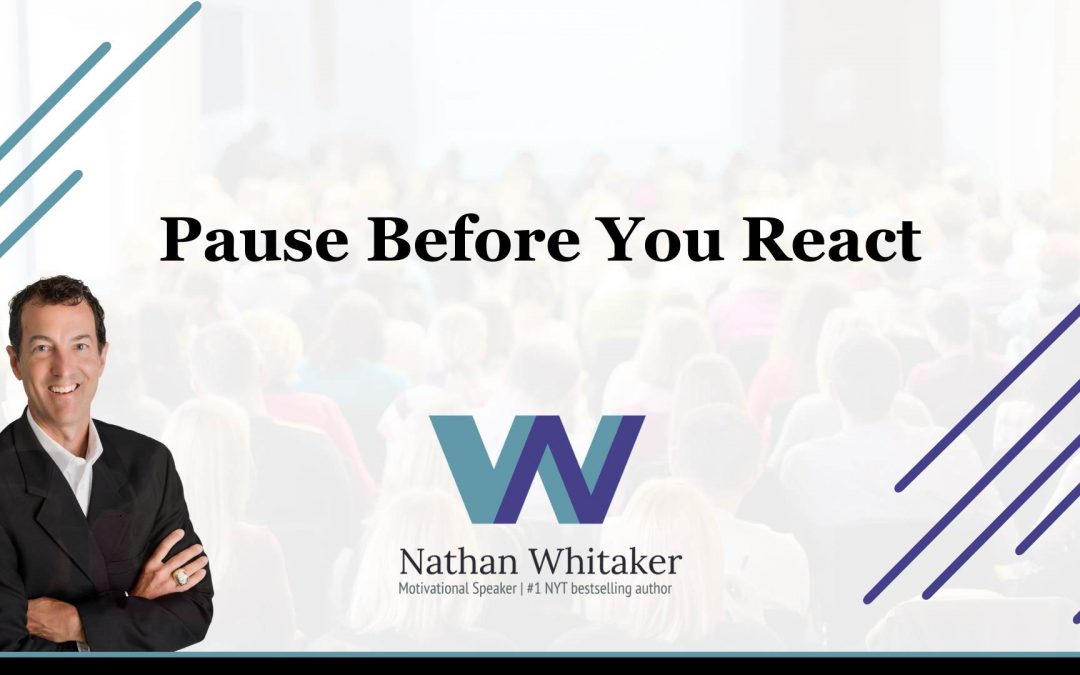“Between stimulus and response there is a space.
In that space is our power to choose our response.”
— Viktor Frankl
When Tony Dungy was in high school, he once got ejected from a basketball game after arguing with a referee. After the game, his father — a science professor — didn’t lecture him or scold him. He simply said,
“I’m sure that felt good. But you were no longer able to help your team.
Instead, maybe you should ask, ‘What am I going to do to make the situation better?’”
That moment stuck with him. And later, as a coach, it shaped the way he led his teams — calmly, deliberately, and without losing his composure, even in moments of chaos.
I think often of that story, and of my time clerking for Judge Hodges, a federal judge in Jacksonville. When things got tense in the courtroom or attorneys raised their voices, he modeled that same restraint. He didn’t react emotionally. He paused. He listened. And then he decided — from a place of clarity, not impulse.
Leaders who can pause before reacting — who resist the urge to match emotion with emotion — create space for wisdom. They calm the room, not fuel the fire.
This week, when something frustrating happens — an email, a conversation, a call that goes sideways — take that brief pause. Ask Tony’s father’s question: What am I going to do to make the situation better?
That single moment might change everything.



Recent Comments